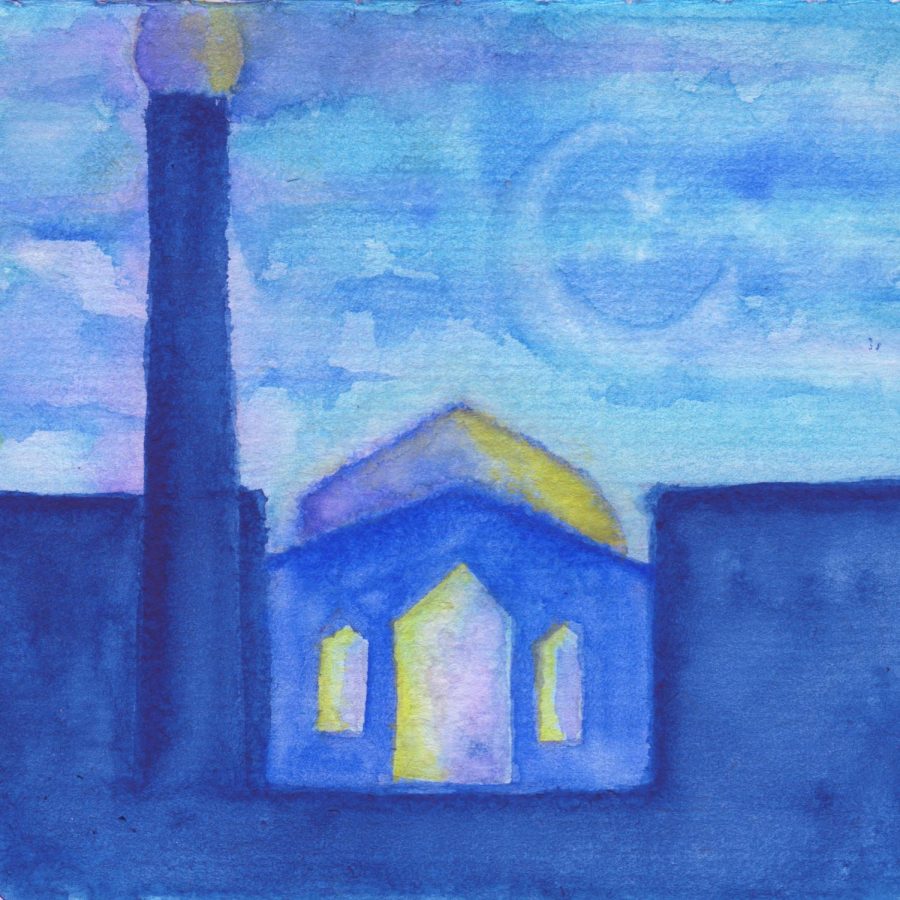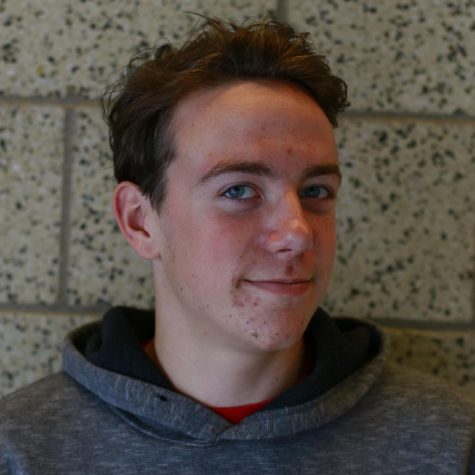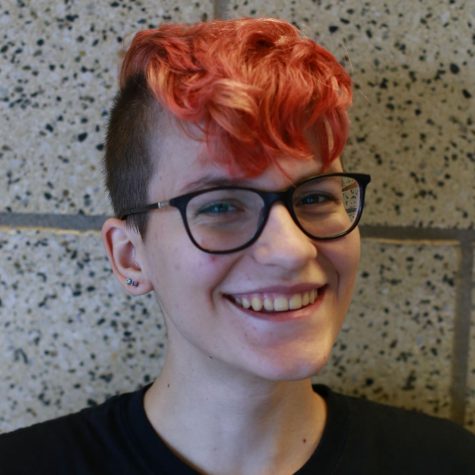Christchurch, New Zealand, Shooting Takes 51 Innocent Lives
TRAGEDY IN CHRISTCHURCH: On March 15th, 51 people were shot a killed by a white nationalist in two shootings at two different mosques. New Zealand Prime Minister Jacinda Ardern leads the way in correcting gun regulation throughout the country.
April 4, 2019
On March 15 of the year 2019, 51 lives were needlessly lost in a mass shooting. Christchurch, New Zealand suffered an incredible loss, with two different mosques losing members. The shooter, 28, was part of several white nationalist groups in New Zealand and believed his actions were necessary for the forwarding of his views. He wanted to get his name out, but New Zealand Prime Minister Jacinda Ardern and other members of the New Zealand government have said that they will do their very best to keep his name quiet. In a New York Times article, Ardern is quoted as saying, “he is not deserving of the attention and recognition that would spread his message so much farther.” Ardern and the world do not want to see this man become a martyr for his movement, as that would only help spread its values.
The shooter released a 17,000 word manifesto through social media the day of the shooting, voicing his values and reasons behind his actions. He included a list of questions he thought people would be asking, including mentioning U.S. President Donald Trump “as a symbol of renewed white identity and common purpose.” He addressed those who he knew would not understand his decision and ideals as he continually talked about his rights and the absolute necessity to remove “invaders” from European countries, even mentioning a requirement for Western families to raise two or more children to regain population dominion in European countries.
A quote from the above mentioned manifesto talks about another reason for the shooting, to “avenge those European men and women lost in the constant and never ending wars of European history who died for their lands, died for their people only to have their lands given away to any foreign scum that bother to show up.” Senior Josh Bates was shocked at this, mentioning that he thinks the shooter “believes that his ancestors fought for their land and that the immigrants don’t deserve to be let into the country, but the fact is that the legality of the immigrants gaining citizenship and buying their houses is undeniable.”
Branching from the manifesto, white nationalism is a threat in many countries around the world, with the internet providing a base for white nationalists around the world for communication. Senior Kaleb Aho voiced an incredibly astute point on white nationalism, saying that, “white nationalism is just as devastating as terrorism. However nationalism is seen differently from terrorism because of who is causing the damage to the country and its people.” His opinion on white nationalism compared to terrorism is a fantastic connection on the basis of their attacks, and how they are related through the outcomes for the people of a nation.
In the aftermath of the shootings, New Zealand began asking itself questions about what they could have done differently to avoid such a terrible outcome. The suspect did not stand out from the local rifle club members, about 100 or so according to a New York Times article, helping clean up and put things away and never showing any outward signs of contempt or anger towards a particular group. The prime minister passed new legislation through Parliament banning all assault-style weapons from being purchased or used throughout the country, attempting to help deal with any sort of problems that may rise up again. Junior Kas Bakker agrees with Ardern’s work, saying, “In my opinion, only members of the police and armed forces should have access to guns. I realize it’d be much too difficult to do that, but Prime Minister Jacinda Ardern is taking a big step forward in helping limit access to guns.”
Bakker also talked about how this affects the United States, stating, “The U.S. government has the potential to do good things involving gun laws, yet the Constitution and the Bill of Rights can be interpreted that any gun laws are infringing upon the second amendment…it is tricky stuff.” The U.S. has struggled to pass any sort of gun regulation through Congress, as the second amendment to the U.S. Constitution protects the people’s right to bear arms, and any sort of gun law limits that right.
Also involving the U.S. is the before-mentioned section of the shooter’s manifesto mentioning President Trump as a “symbol for renewed white identity and purpose.” Issaquah High School history teacher Jacqueline Belur, when asked about potential impacts on the upcoming U.S. 2020 presidential elections, had a similar outlook to most people on the outcomes of these events in New Zealand. Belur says that, “it won’t have any sort of impact on the upcoming election even if it should. People are too willing to accept these thoughts on their president because of how their lives have improved under Trump, be it through the economy or their job.”
In a Washington Post article, the author Meagan Flynn writes about how the shooter livestreamed the shooting on Facebook, and before the social media site could remove the livestream it had been viewed thousands of times and screen-grabbed by hundreds. The effects of social media on the shooting were surprisingly extensive considering the method of streaming the shooting for inevitably hundreds of thousands to see.
Though the New Zealand shooting was terrible, the world has been given a wake-up call. White nationalism is a relevant issue and a danger to national security and the unity of a country’s people. Governments and communities alike are responsible for educating and helping those around them to help prevent such horrible events from happening again. Prime Minister Ardern’s actions in banning assault style weapons in the country sets up an example for countries around the globe that have difficulties legalizing such actions.




